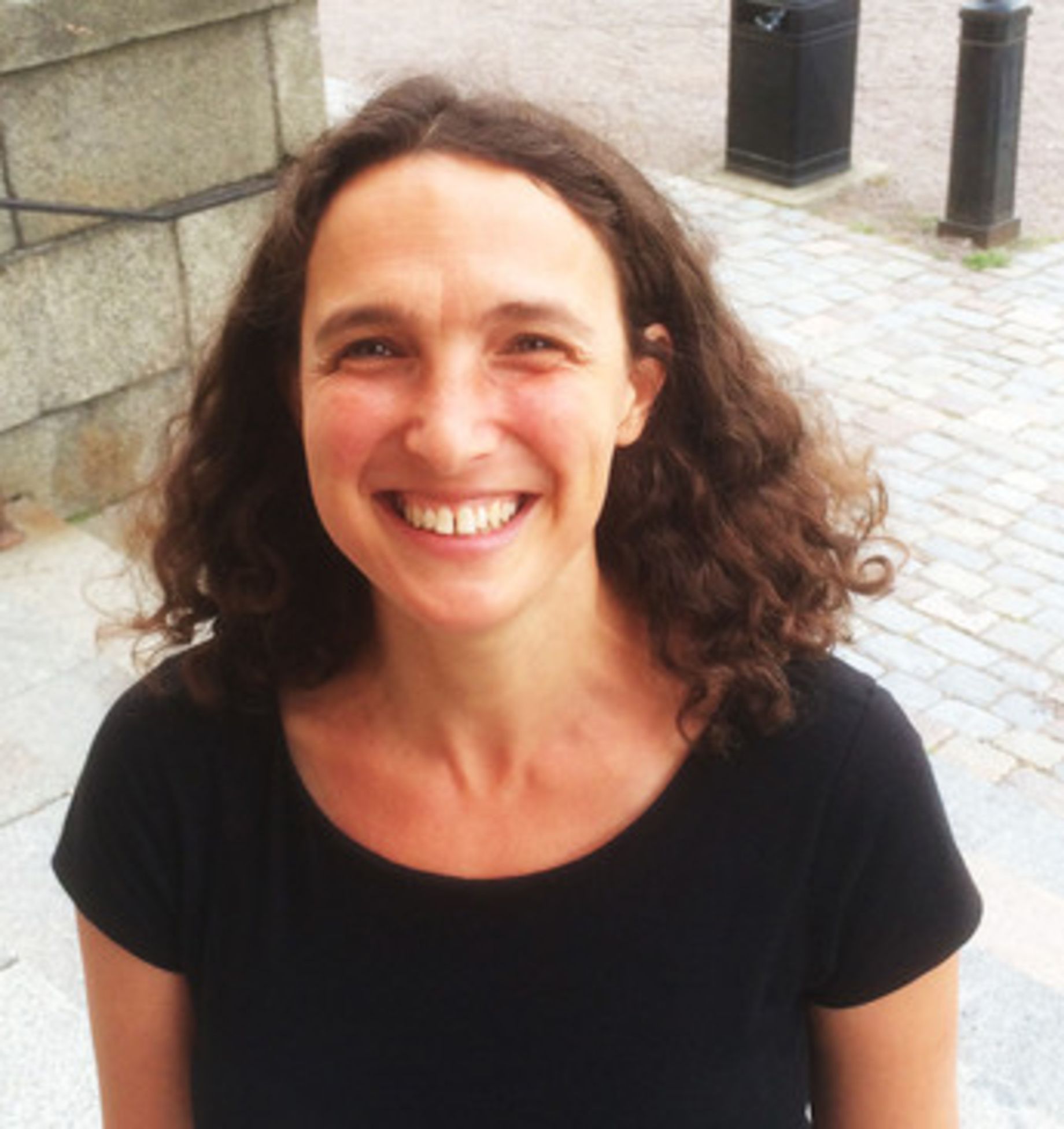Arab Writers, Moscow Dreams
Throughout the Arab encounter with western-driven modernity, Russian and Soviet cultural products provided models against which Arab thinkers developed their ideas and styles. Even beyond any particular Russian novel or film, the idea of Russia (and later the Soviet Union) exerted a magnetic pull on Arab intellectual life. Russia was a potent exemplar: a civilization that had managed to overtake and even join Europe without giving up its cultural integrity or its status as an alternative to Western culture.
This research will yield a book of essays on the history of Arab-Russian and Arab-Soviet literary and cultural ties since the mid-nineteenth century, focused especially on the period between 1964 and 1990. The prehistory of these cultural ties includes al-Azhar scholar Muhammad Ayyad al-Tantawi (1810-61), who moved to St. Petersburg in the 1830s; and the great Lebanese writer Mikhail Nuʿaymah (1889-1988), who studied in Poltava (now Ukraine) in 1908. The history can be reconstructed through figures such as Egyptian novelist Sonallah Ibrahim and Syrian director Mohammad Malas, who were among hundreds of Arab intellectuals to study in Russia in the 1970s, and two later generations of writers, theatre and filmmakers, and their Arab-Russian children. The project focuses not on Russia’s “influence” but on Arab intellectuals’ responses. It draws on novels, memoirs, poetry collections, travelogues, journalistic reports, documentary films, and archival research in Moscow, Cairo, and Berlin, as well as personal interviews with living writers, filmmakers, and other alumni of Soviet educational institutions.

